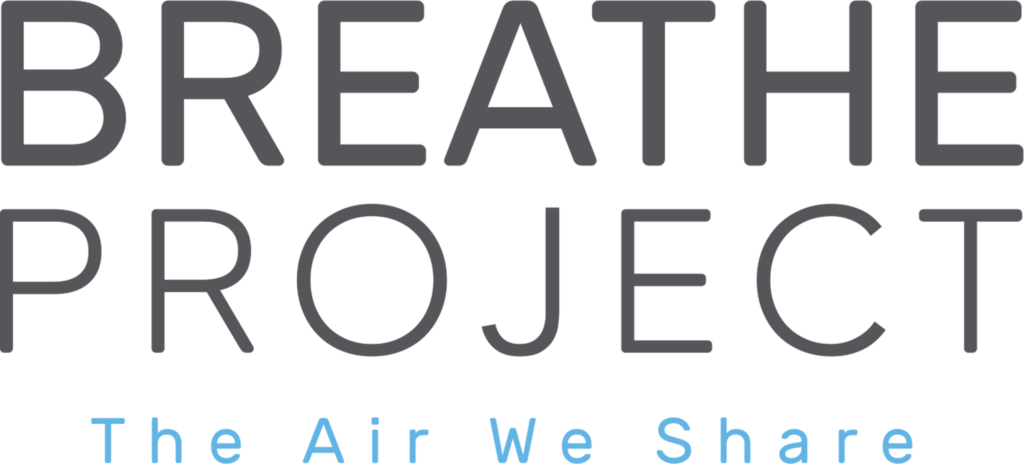Southwestern Pennsylvania could have a brighter and healthier future — if only our state and region made better economic investments. After all, you get what you pay for.
Instead, the region is on a path to a dead-end by pursuing a futile, harmful fossil-fuel based economic strategy. Just last month, Shell’s massive polyethylene resin plant began production near Pittsburgh and is already proving to be a threat to the area.
What’s worse, Pennsylvania taxpayers are bankrolling it. Pennsylvania granted Shell $1.65 billion in state tax credits in 2016, one of the largest tax incentives in state history. In addition, in November the state legislature and governor passed and signed a bill that provides over $2 billion in subsidies over 20 years for natural gas, hydrogen and petrochemical industries — with less than a half-day’s notice and no public hearings.
Additionally, the Department of Energy is looking to provide $8 billion additional federal subsidies for fossil-based hydrogen hubs. Despite alternative strategies for accelerating decarbonization and promoting inclusive economic growth, our region’s leadership doubled down on a call for fossil fuel subsidies, as detailed in “Our Region’s Energy Future” by the Allegheny Conference on Community Development earlier this year.
The Shell subsidy alone would be enough to cover a payroll of $95,000 per year over 25 years for the 400-600 permanent employees the plant was expected to employ. Shell stated that at peak construction, the site employed more than 8,500 workers. However, these temporary jobs mostly went to construction workers from other states, and have dropped now that the plant is open.
Why should taxpayers continue to subsidize a mature industry that does not deliver jobs and prosperity widely to our communities, and that also locks in harmful air, water and climate pollution?
The Pittsburgh region still suffers from some of the worst air pollution in the country. Allegheny and Beaver County for example, have elevated cancer risks and rates of asthma, heart disease and early deaths. Pennsylvania as a whole has the greatest number of excess deaths due to exposure to fine particle air pollution from fossil fuel sources per person in the country. And half of the region’s pollution still comes from industrial plants.
Emissions from the new Shell plant will add to the already-devastating concentration of pollutants in our air, and undermine the country’s progress on meeting national climate goals. The Shell plant in Beaver County would be the second highest hazardous air polluter in the state, and the 20th most polluting in the country.
The Shell plant is permitted to emit 522 tons of volatile organic compounds (VOCs) and 30.5 tons of Hazardous Air Pollutants (HAPs) per year. These chemicals are, according to the USEPA, known to “cause cancer and other serious health impacts.” VOCs for example, are also known to be damaging to lung tissue. The 159 tons of fine particles the plant will release per year will further contribute to respiratory and cardiac diseases in the region.
The people of Southwestern Pennsylvania should feel confident that the air we breathe won’t make us sick. We have the right to live and work in clean, safe and healthy environments. Why are we subsidizing the opposite of this vision, particularly when it undermines national climate goals as well?
The plant is estimated to release 2.2 million tons of carbon-dioxide-equivalent emissions per year: That’s the equivalent of the emissions from 474,000 passenger vehicles, which is more than half the number of vehicles registered in Allegheny County. The plant will also produce plastic resins that will be used to manufacture more single-use plastic goods in a world that already has too much plastic. Today, 36% of plastic production goes toward single-use plastics, specifically plastic packaging.
These are not investments we should be making or celebrating in a region that shows so much promise in going beyond the fossil fuel economy. Further, they are not a proven way to secure long-term jobs or economic growth. Studies show that wind and solar manufacturing would employ more people than comparable investments in oil and gas: More than 15,000 jobs for the same investment that is producing only a few hundred jobs at the Beaver County plant.
Our neighbors in New York State understand this. According to New York’s “Clean Energy Investment Report 2022,” New York added over 24,000 jobs in the renewable energy sector between 2015 and 2021. That’s a growth of 17% after the governor announced a $1.5 bllion investment in clean energy.
New York is continuing these fossil-free investments, and the growth is accelerating. These are not temporary jobs; rather, they are being built on a solid foundation because they are not based on extracting resources that will someday run out, and because they align with the health, climate and overall well-being needs of communities. They are long-term investments, not short-term stopgaps.
Community organizations in the region understand this. Reimagine Beaver County released a vision in 2019 that outlined a more economically viable future than petrochemicals, one made possible by investing in four major sectors of economic development: energy innovation, green chemistry and manufacturing, sustainable agriculture, and riverfront recreation and tourism.
Just think of where our region would be if we had embraced this vision, instead of propping up petrochemicals and fossil fuels.
That’s why the Breathe Project calls for imagining a brighter, healthier and more prosperous future than the one promised by fossil fuels and petrochemicals. This includes building a new workforce with diverse jobs in solar, wind and other clean technologies that will include everyone from blue-collar workers to high-tech researchers. It also includes transitioning to electric cars, buses and trucks; improving bicycle lanes; and providing more public transportation options.
While our policymakers continue to fail us, we’re glad that other leaders have stepped in. We recently appreciated a huge boost from Mike Bloomberg and Bloomberg Philanthropies’ Beyond Petrochemicals campaign that will invest $85 million in new funding for local advocacy groups in these efforts.
As someone who grew up in the Monongahela Valley, I am ready to see economic and environmental optimism for our region, based on a different vision that recognizes that fossil-fuel based industries are not in Pittsburgh’s best interests, now and into the future. It is time to go in a different direction. Stop throwing good money after bad investments. Stop subsidizing a mature, private industry that casts burdens on our communities while allowing a narrow few to reap large profits at our expense.
Our economic future should not, and will not, be hitched to subsidizing new uses for dirty materials like petrochemicals. We can have healthy people, healthy workers, a healthy economy and a healthy environment. We deserve a bright future.
Matt Mehalik is Executive Director of the Breathe Collaborative and its communication platform, the Breathe Project.
First Published December 11, 2022, 12:00am

